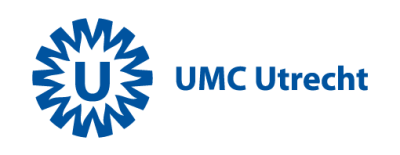Image processing for improved motion compensation of External Beam Radiotherapy
Cancer is a major public health problem worldwide and is the second leading cause of death in the Netherlands. Despite substantial advances in cancer care in the last forty years, population growth and demographic ageing have led to a steady incline of the total number of affected patients. As a result, the cost effectiveness of cancer therapy in the hospital has become an important factor to guarantee the future sustainability of this system.
Image-guided external beam radiotherapy (IGRT) plays next to surgery and chemotherapy therefore an increasingly important role as one of the cornerstones in contemporary cancer care. A major complication during as well as in-between planning and therapy sessions is hereby constituted by anatomical and physiologic motion of the anatomy of the patient. Thus, motion compensation strategies are mandatory for all parts of the therapeutic work-flow for both safety as well as for therapeutic efficiency.
This project aims to address these specific needs by developing and expanding a set of novel image-based motion compensation solutions in tight collaboration with Elekta as the industrial partner, which is a leader in the field of state-of-the-art adaptive IGRT systems.
The goal of the project is hereby to provide a set of methods in form of validated demonstrators for motion compensated dose accumulation and adaptive dose planning, which pave the way for rapid integration in clinical devices and thus for clinical usage.


